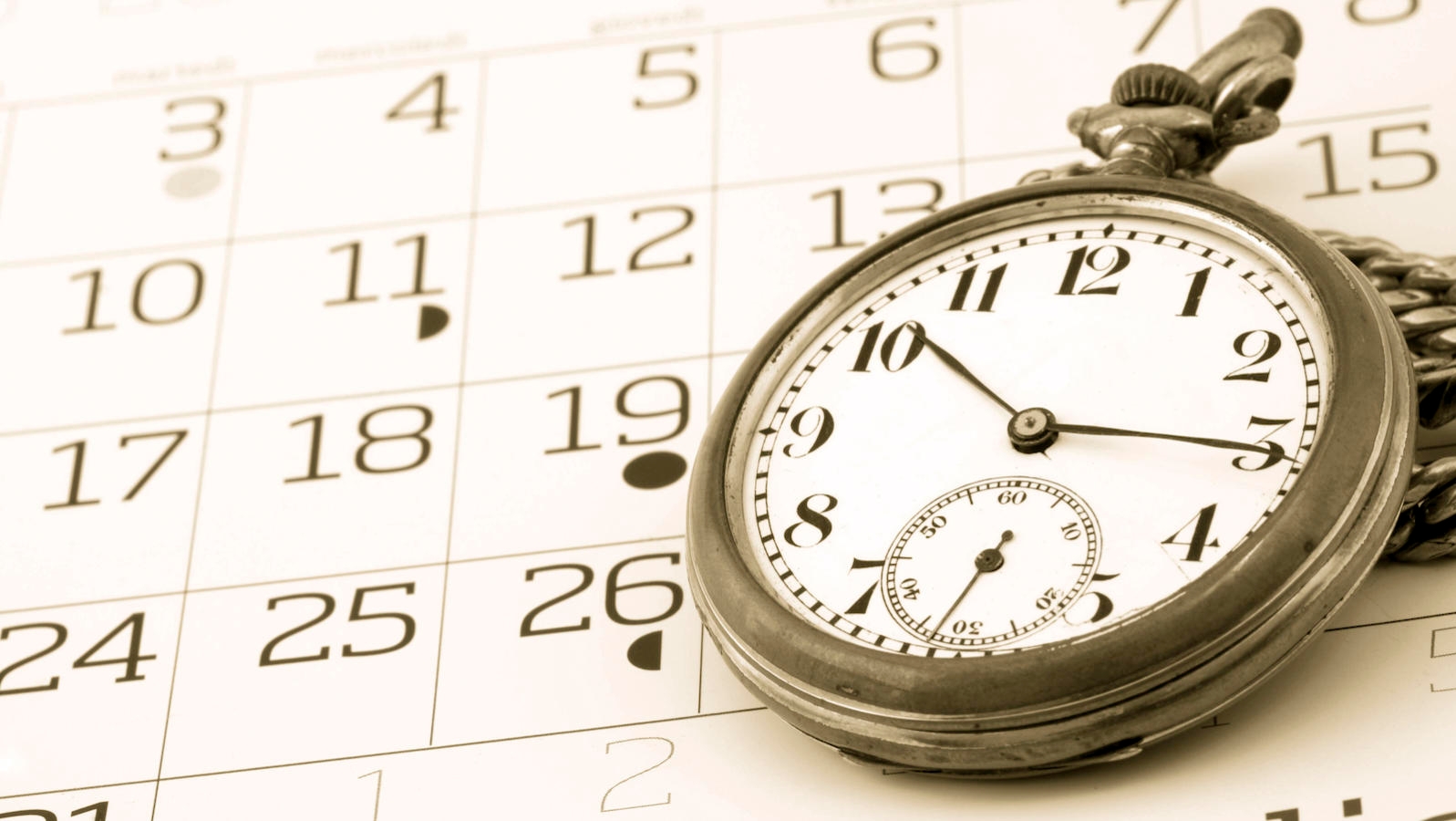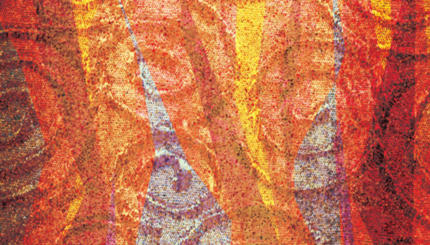Commentary on Parashat Bo, Exodus 10:1-13:16
Have you ever been asked by your spouse or one of your kids, “When’s September, is it in the spring or the winter?” Probably not, but I used to get questions of this sort from my wife and kids all the time. Growing up in Israel within the public religious school system, for them the Hebrew months are the organizing principles for the flow of time, whereas the civil months don’t always stick in their minds.
Sometimes it irks me, for it’s not good to be so disconnected to the way most of the world marks time. On the other hand, there is a lot to be said for the education that my wife and my kids have received. It’s actually pretty much almost mandated in this week’s Torah portion!
“This month is for you the head of the months, for you it is the first of the months.” So reads the beginning of chapter 12 of the Book of Exodus. The month that the Israelites left Egypt, which was in the spring, is to become the first month of the Hebrew calendar. Today we call that month Nisan. “For you”, that is for us — the Hebrew word “you” is in the plural form — the month when our forefathers become free men and women, must always be counted as the first month of the year. And from there of course it follows which month is second and which is third.
The idea is that the way we think of the flow of time must always remind us of the Exodus, when we left the womb of Egypt and became a people. But more than that, it means that our calendar should be a Jewish calendar and our months and our years should be Jewish months and years. Time should pass and be understood Jewishly.
With your help, My Jewish Learning can provide endless opportunities for learning, connection and discovery.
Living according to Jewish time makes a tremendous difference in the texture of life. Jewish holidays become a much more organic part of the structure of who you are and of the rhythm of life. Jewish life becomes more natural and meaningful, instead of being an arbitrary religious mandate imposed from the outside. And other holidays, like Christmas and Easter, become a bit more foreign, intruding unexpectedly onto a terrain not yours.
It’s a very uplifting thought, that Jews around the world are tied together by our very own calendar. But the connection is not just horizontal, with Jews in countries around the globe. It is also vertical. Our unique calendar connects us to past and future generations as well. And when we all experience the passage of time in the same fashion, we inhabit the same universe. But if we don’t experience the passage of time as others Jews do, then in a very significant sense, we inhabit different universes.
So I would make a practical suggestion. You don’t have to forget the fact that the present civil month is January. But also be aware that the Hebrew month is Shevat. We are now in the beginning of the month. Soon the new year for trees, Tu Bishvat will be upon us, on the 15th of this month of Shevat. Try to always be aware of the Hebrew month. Be on the lookout for Rosh Chodesh, the new Hebrew month. Know when the months change. Keep track on a Hebrew calendar. Be conscious of the connection between the calendar, and the waxing and waning of the moon in the nighttime sky. When the moon starts getting smaller and finally disappears completely from view, you know that the Hebrew month is ending and a new one is about to begin.
Even though you won’t have to answer my kids’ questions, awareness of the Hebrew calendar can still make a world of difference.



